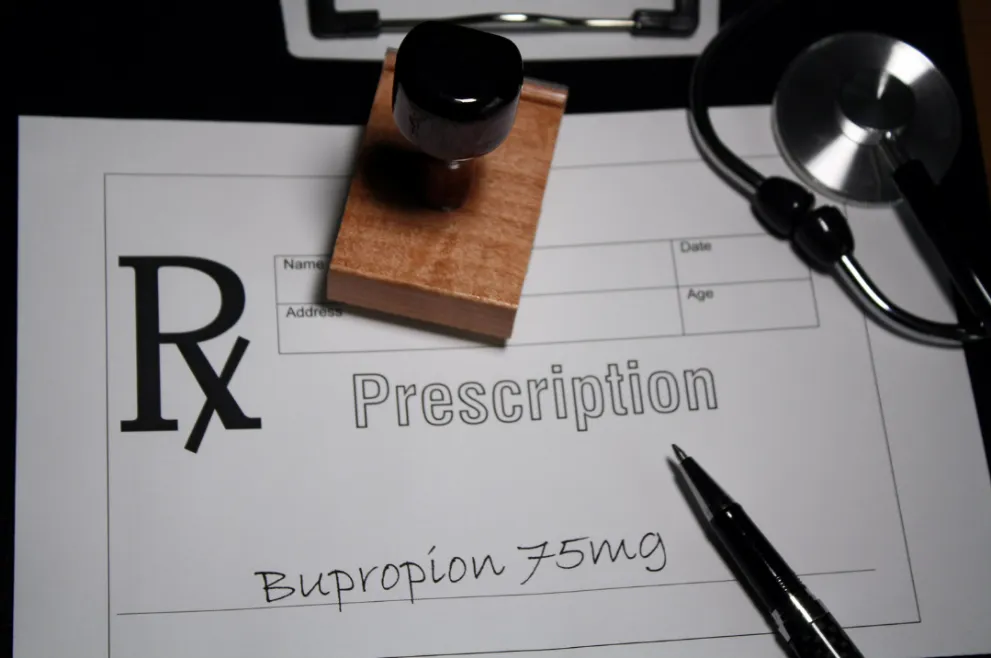Hello, everyone! Let's chat about some significant news unfolding in the pharmacy world, specifically regarding the weight-loss drugs Ozempic and Wegovy. Legal action is brewing against pharmacies that manufacture or distribute unofficial versions of these medications, raising important questions about the safety and oversight of compounded drugs.
The Scope of the Issue
So far, at least four US states, including Louisiana, Mississippi, North Carolina, and West Virginia, have moved to curb the production of these unofficial versions due to safety worries. More states are likely to join this effort. Why is this happening? It all comes down to a shortage of the active ingredient in both Ozempic and Wegovy, a substance called semaglutide.
The Role of Compounding Pharmacies
Some compounding pharmacies in the US have been offering what they claim is semaglutide. Now, it's worth noting that compounding pharmacies are permitted to create versions of commercially available drugs under certain circumstances, like during a shortage. However, concerns have been raised that these pharmacies are using a different form of semaglutide not approved by the FDA, thus sparking safety worries.
Impact on Consumers
At this point, it's unclear whether consumers have been harmed by these unofficial versions. Regardless, these states are now warning compounding pharmacies against producing these unapproved versions. But let's be clear – this doesn't mean a total ban on creating compounded semaglutide. Instead, pharmacies are being encouraged to stick to FDA guidelines and only compound drugs using bulk substances that meet these guidelines.
Are These the Real Deal?
The FDA has confirmed that semaglutide is only approved for use in its "base form," which is solely supplied by Novo Nordisk, the patent holder of Ozempic and Wegovy. The company doesn't share the drug's ingredients with compounding pharmacists, making it almost impossible for them to replicate it. However, some pharmacies are using semaglutide sodium salt, a cheaper alternative used for scientific research but not intended for human use.
Understanding the Risks
While semaglutide salt isn't necessarily problematic and is often used for stability purposes, it's important to note that this salt version of semaglutide lacks FDA regulation, monitoring, and testing. As a result, patients may not always be sure about the composition of the medication they're receiving.
What's Next?
As of now, no states have penalized or revoked the licenses of compounding pharmacies, but investigations are underway concerning the compounding of products outside federal guidelines, especially for drugs listed on the FDA shortage list.
Stay tuned for more updates on this issue and, as always, make sure to seek professional advice regarding your medication needs. Stay safe and informed!
















